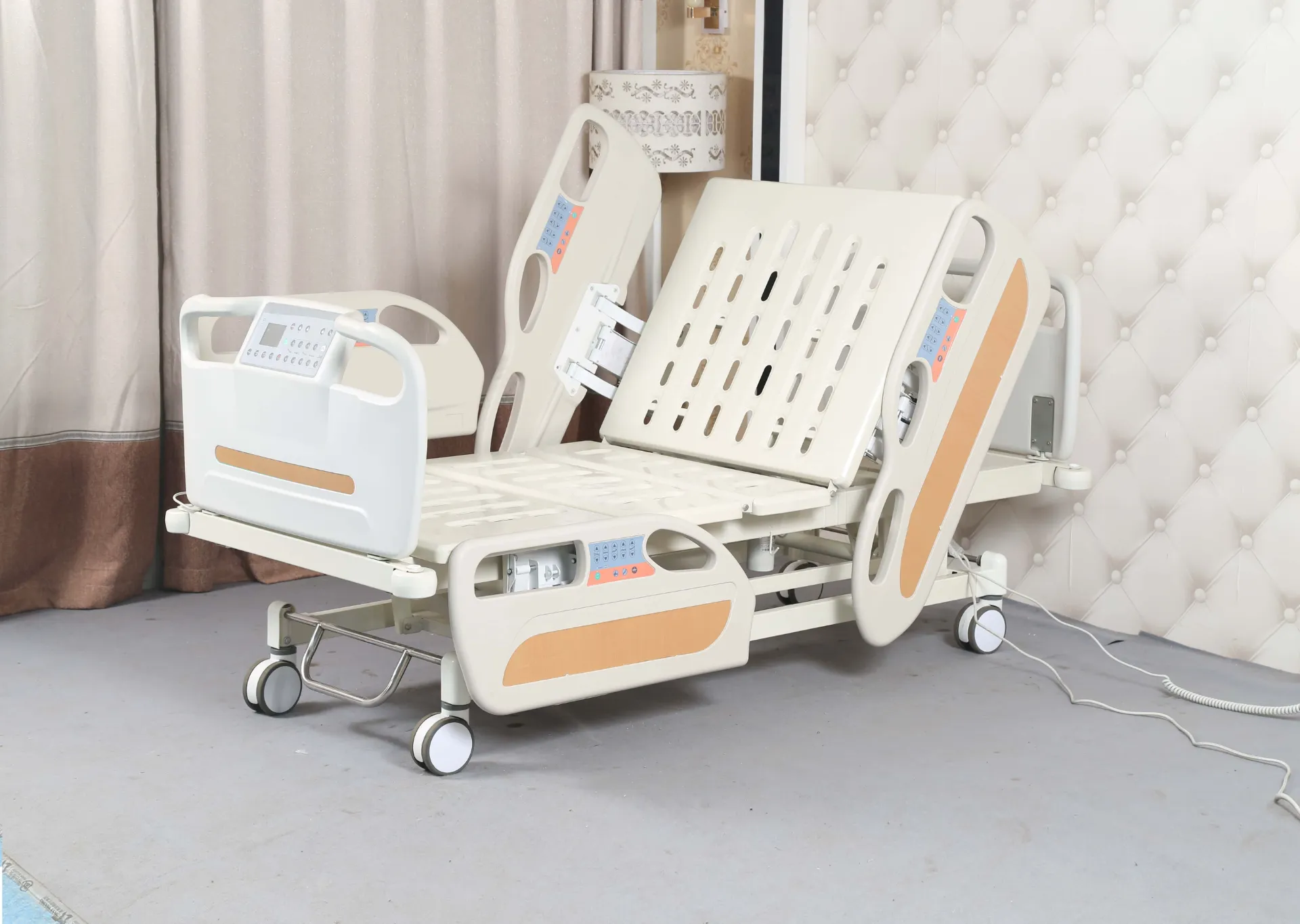Welcome to our websites!
rollator medical
The Benefits of Rollators in Medical Rehabilitation
In the realm of medical rehabilitation, mobility aids play a crucial role in enhancing the quality of life for individuals with mobility challenges. Among these aids, rollators stand out due to their unique design and multifaceted benefits. A rollator is a walker with wheels, often equipped with a seat and storage options, aimed at providing users with additional support and stability while promoting independence. This article explores the advantages of rollators and their significant contributions to health and rehabilitation.
What is a Rollator?
A rollator typically features a sturdy frame with four wheels, hand brakes, and a comfortable seat. Many models also come equipped with a basket or pouch for carrying personal belongings. Unlike traditional walkers, which require users to lift the device as they walk, rollators allow individuals to push the device along with minimal effort, making them a preferred choice for many.
Enhancing Independence
One of the primary benefits of using a rollator is the independence it offers. For many elderly individuals or those recovering from surgery, maintaining autonomy in mobility can significantly impact their mental well-being. Rollators empower users to move around freely, engage in social activities, and complete daily tasks such as grocery shopping or walking in the park. This enhanced independence can lead to a more active and fulfilling lifestyle, thereby improving overall mental health and self-esteem.
Safety and Stability
Safety is a key concern for individuals with mobility issues. Rollators provide an added layer of stability, with their wide base and low center of gravity helping to prevent falls. The hand brakes allow users to secure their position when resting or standing, offering reassurance during use. Additionally, the ability to sit and rest when fatigued prevents overexertion, reducing the risk of falls and injuries.
rollator medical

Promoting Physical Activity
Physical activity is essential for maintaining health, especially as individuals age. Rollators encourage users to stay active by enabling them to walk longer distances comfortably. Regular use of a rollator can improve cardiovascular health, strengthen muscles, and enhance balance and coordination. Rehabilitation specialists often recommend rollator use for patients recovering from strokes, hip replacements, or other conditions that affect mobility, as it facilitates gradual re-introduction to physical activity.
Customization for Individual Needs
Rollators come in various styles and sizes, allowing users to select the one that best fits their specific needs. Features such as adjustable height, different wheel sizes, and lightweight designs cater to a wide range of physical conditions. For instance, individuals with arthritis may benefit from rollators with ergonomic handles that reduce strain on the hands. Additionally, specialized models are available for individuals with certain disabilities, offering tailored support that enhances usability and comfort.
Social Interaction
The social aspects of using a rollator are often overlooked but are crucial for emotional well-being. Increased mobility allows users to participate in community events, family gatherings, and recreational activities. Being able to engage socially not only combats feelings of isolation but also fosters a sense of belonging and connectedness. Many rollators also permit easier maneuverability in crowded spaces, making it easier for users to join their peers in various settings.
Conclusion
In summary, rollators represent a vital component of medical rehabilitation and mobility improvement strategies. They provide users with the independence they desire, enhance safety, promote physical activity, and facilitate social interaction. Whether for the elderly, individuals recovering from surgery, or those dealing with chronic mobility challenges, rollators can significantly contribute to improved quality of life. As healthcare providers, caregivers, and families continue to address the needs of those with mobility limitations, the importance of incorporating rollators into rehabilitation programs cannot be overstated. By facilitating movement and encouraging activity, rollators serve not only as tools of mobility but also as instruments of empowerment.
-
Transforming Healthcare with Hospital FurnitureNewsJun.24,2025
-
Rehabilitation EquipmentNewsJun.24,2025
-
Mobility and Independence with WheelchairsNewsJun.24,2025
-
Freedom of Mobility with Our Rollator WalkersNewsJun.24,2025
-
Comfort and Independence with Commode ChairsNewsJun.24,2025
-
Bathing Safety and Independence with Shower ChairsNewsJun.24,2025
-
Navigating the Wholesale Landscape of Electric Mobility Solutions: Key Considerations for Power Wheelchair DealersNewsJun.10,2025











